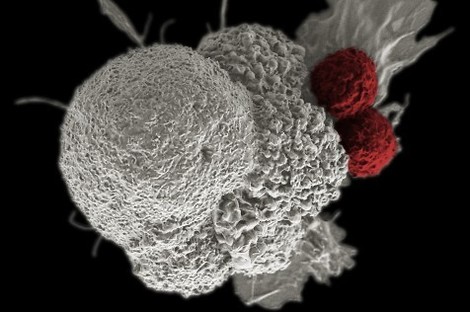Your podcast discovery platform
Curious minds select the most fascinating podcasts from around the world. Discover hand-piqd audio recommendations on your favorite topics.

piqer for: Global finds Health and Sanity Doing Good
Bangalore-based Rashmi Vasudeva's journalism has appeared in many Indian and international publications over the past decade. A features writer with over nine years of experience heading a health and fitness supplement in a mainstream Indian newspaper, her niche areas include health, wellness, fitness, food, nutrition and Indian classical Arts.
Her articles have appeared in various publications including Mint-Wall Street Journal, The Hindu, Deccan Herald (mainstream South Indian newspaper), Smart Life (Health magazine from the Malayala Manorama Group of publications), YourStory (India's media technology platform for entrepreneurs), Avantika (a noir arts and theatre magazine), ZDF (a German public broadcasting company) and others.
In 2006, she was awarded the British Print-Chevening scholarship to pursue a short-term course in new-age journalism at the University of Westminster, U.K. With a double Masters in Globalisation and Media Studies from Aarhus Universitet (Denmark), University of Amsterdam and Swansea University in Wales, U.K., she has also dabbled in academics, travel writing and socio-cultural studies. Mother to a frisky toddler, she hums 'wheels on the bus' while working and keeps a beady eye on the aforementioned toddler's antics.
Listen Up Silicon Valley, Cancer Cure Ain't So Easy
You must have already read about Silicon Valley's quest to make us all immortal. Within this grand dream, is another, arguably more urgent ambition - to cure the big C.
Recently, there have been a spate of articles about how Silicon Valley is actively trying to find cures for cancer. For instance, Nvidia has tied up with the National Cancer Institute to research the use of AI against cancer. There is also former Vice President Joe Biden's (whose son died from cancer) pet project Moonshot, aimed at improving cancer treatments. So far so good.
The media has mostly been laudatory of these efforts, and rightly so, to a certain extent. But not many are questioning whether Silicon Valley’s view of cancer as a "start-up" challenge that could be solved by big data, engineering and funds, is reasonable. This article does precisely that.
Cancer, as an Oslo University professor quoted in the story says, is not space travel. Nor is it an engineering problem that can be tackled by identifying bugs and removing glitches. Cancer is organic; cancer is an ecological problem and cancer cells are fiendishly clever shape-shifters that constantly change strategies.
The author, himself a data scientist, argues that computational approaches assume that data is complete and cell circuits operate in a closed system, but alas, cancer cells evolve in countless ways and are even known to make ad hoc use of environmental cues. He warns that looking at cancer merely as a "logic problem" where cell circuits go haywire may be more dangerous than helpful. Indeed, this view is popular among Silicon Valley companies as it sits prettily with the kind of systemic approach they are used to - through which they can sell "solutions". Microsoft even declared it would cure cancer by 2026.
As pessimistic it sounds, the author believes it is vital to put it out that as long as cancer cells are crafty, the war cannot be won only through straightforward solutions by technologists, however noble they are.
Stay up to date – with a newsletter from your channel on Health and Sanity.

Sure, but on the other way, cancer is also a big numbers problem, with millions of cases each year, and accurate statistics about what works and what doesn't, and what's in between. So, I would tend to think that genetic data on patients and their cancers, plus AI, plus other emerging therapies like immunotherapy can make a huge difference. More on my own story with cancer at dybmapi.livejournal.com